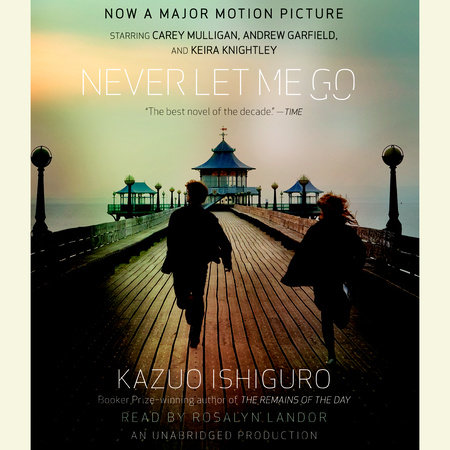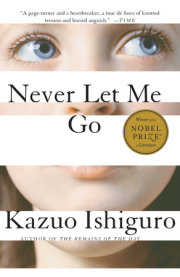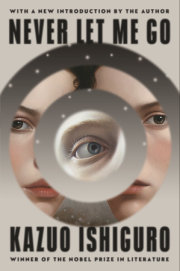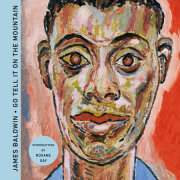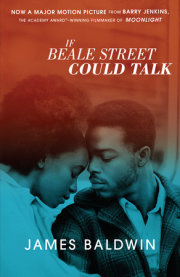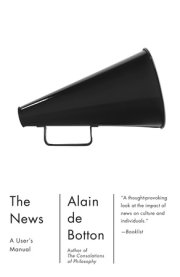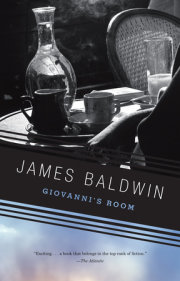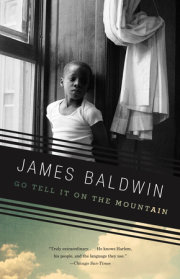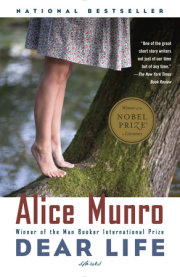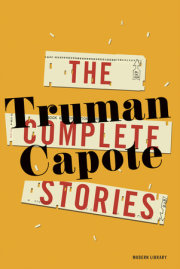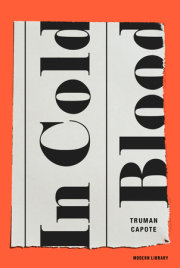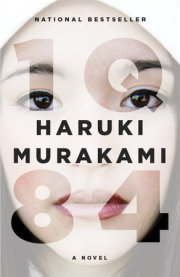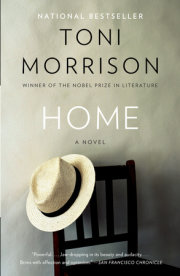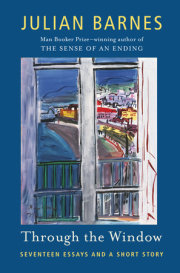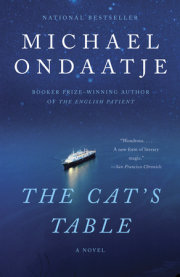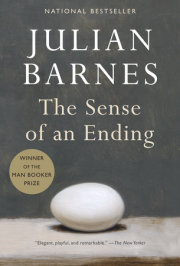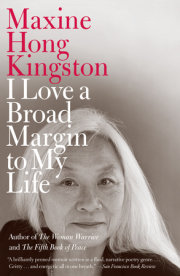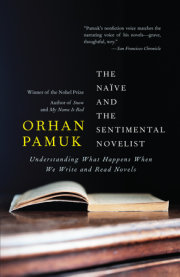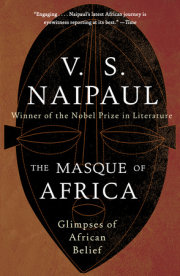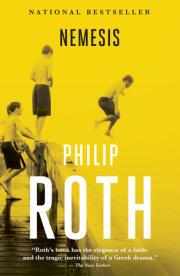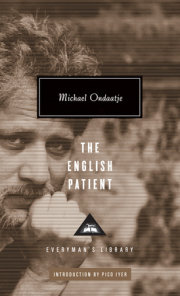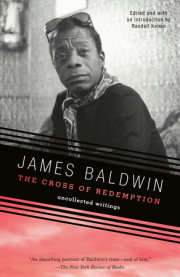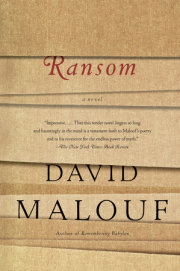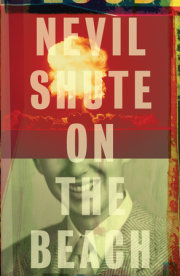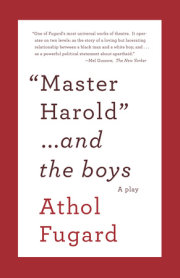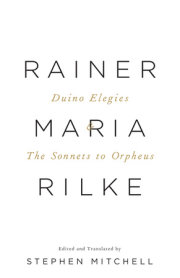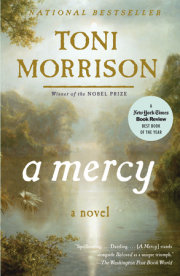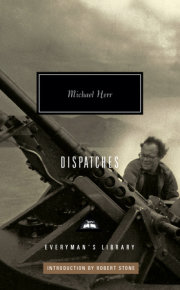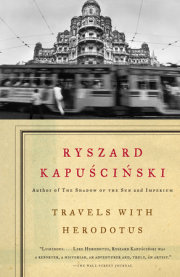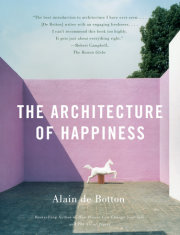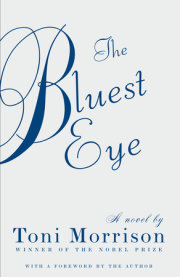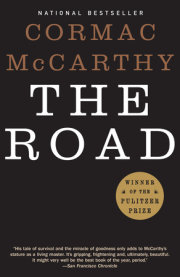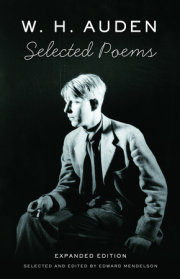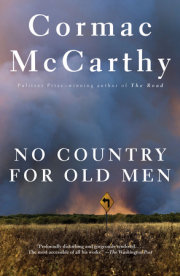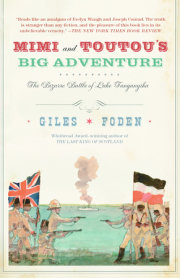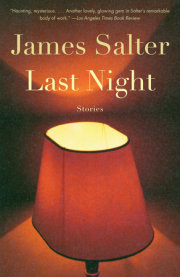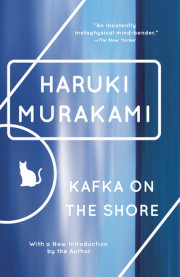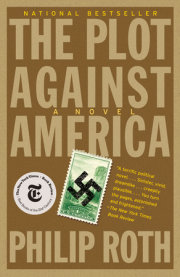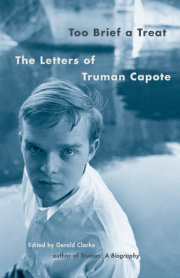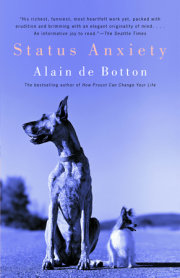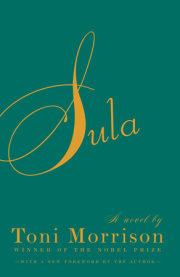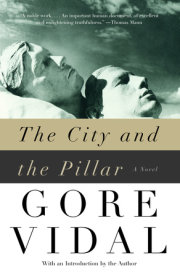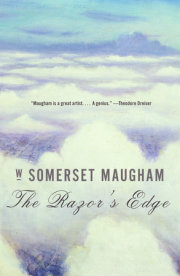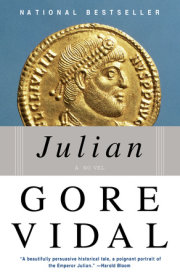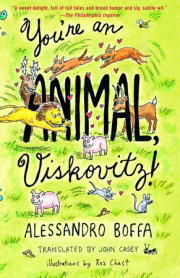My name is Kathy H. I’m thirty-one years old, and I’ve been a carer now for over eleven years. That sounds long enough, I know, but actually they want me to go on for another eight months, until the end of this year. That’ll make it almost exactly twelve years. Now I know my being a carer so long isn’t necessarily because they think I’m fantastic at what I do. There are some really good carers who’ve been told to stop after just two or three years. And I can think of one carer at least who went on for all of fourteen years despite being a complete waste of space. So I’m not trying to boast. But then I do know for a fact they’ve been pleased with my work, and by and large, I have too. My donors have always tended to do much better than expected. Their recovery times have been impressive, and hardly any of them have been classified as “agitated,” even before fourth donation. Okay, maybe I am boasting now. But it means a lot to me, being able to do my work well, especially that bit about my donors staying “calm.” I’ve developed a kind of instinct around donors. I know when to hang around and comfort them, when to leave them to themselves; when to listen to everything they have to say, and when just to shrug and tell them to snap out of it.
Anyway, I’m not making any big claims for myself. I know carers, working now, who are just as good and don’t get half the credit. If you’re one of them, I can understand how you might get resentful—about my bedsit, my car, above all, the way I get to pick and choose who I look after. And I’m a Hailsham student—which is enough by itself sometimes to get people’s backs up. Kathy H., they say, she gets to pick and choose, and she always chooses her own kind: people from Hailsham, or one of the other privileged estates. No wonder she has a great record. I’ve heard it said enough, so I’m sure you’ve heard it plenty more, and maybe there’s something in it. But I’m not the first to be allowed to pick and choose, and I doubt if I’ll be the last. And anyway, I’ve done my share of looking after donors brought up in every kind of place. By the time I finish, remember, I’ll have done twelve years of this, and it’s only for the last six they’ve let me choose.
And why shouldn’t they? Carers aren’t machines. You try and do your best for every donor, but in the end, it wears you down. You don’t have unlimited patience and energy. So when you get a chance to choose, of course, you choose your own kind. That’s natural. There’s no way I could have gone on for as long as I have if I’d stopped feeling for my donors every step of the way. And anyway, if I’d never started choosing, how would I ever have got close again to Ruth and Tommy after all those years?
But these days, of course, there are fewer and fewer donors left who I remember, and so in practice, I haven’t been choosing that much. As I say, the work gets a lot harder when you don’t have that deeper link with the donor, and though I’ll miss being a carer, it feels just about right to be finishing at last come the end of the year.
Ruth, incidentally, was only the third or fourth donor I got to choose. She already had a carer assigned to her at the time, and I remember it taking a bit of nerve on my part. But in the end I managed it, and the instant I saw her again, at that recovery centre in Dover, all our differences—while they didn’t exactly vanish—seemed not nearly as important as all the other things: like the fact that we’d grown up together at Hailsham, the fact that we knew and remembered things no one else did. It’s ever since then, I suppose, I started seeking out for my donors people from the past, and whenever I could, people from Hailsham.
There have been times over the years when I’ve tried to leave Hailsham behind, when I’ve told myself I shouldn’t look back so much. But then there came a point when I just stopped resisting. It had to do with this particular donor I had once, in my third year as a carer; it was his reaction when I mentioned I was from Hailsham. He’d just come through his third donation, it hadn’t gone well, and he must have known he wasn’t going to make it. He could hardly breathe, but he looked towards me and said: “Hailsham. I bet that was a beautiful place.” Then the next morning, when I was making conversation to keep his mind off it all, and I asked where he’d grown up, he mentioned some place in Dorset and his face beneath the blotches went into a completely new kind of grimace. And I realised then how desperately he didn’t want reminded. Instead, he wanted to hear about Hailsham.
So over the next five or six days, I told him whatever he wanted to know, and he’d lie there, all hooked up, a gentle smile breaking through. He’d ask me about the big things and the little things. About our guardians, about how we each had our own collection chests under our beds, the football, the rounders, the little path that took you all round the outside of the main house, round all its nooks and crannies, the duck pond, the food, the view from the Art Room over the fields on a foggy morning. Sometimes he’d make me say things over and over; things I’d told him only the day before, he’d ask about like I’d never told him. “Did you have a sports pavilion?” “Which guardian was your special favourite?” At first I thought this was just the drugs, but then I realised his mind was clear enough. What he wanted was not just to hear about Hailsham, but to remember Hailsham, just like it had been his own childhood. He knew he was close to completing and so that’s what he was doing: getting me to describe things to him, so they’d really sink in, so that maybe during those sleepless nights, with the drugs and the pain and the exhaustion, the line would blur between what were my memories and what were his. That was when I first understood, really understood, just how lucky we’d been—Tommy, Ruth, me, all the rest of us.
.
Driving around the country now, I still see things that will remind me of Hailsham. I might pass the corner of a misty field, or see part of a large house in the distance as I come down the side of a valley, even a particular arrangement of poplar trees up on a hillside, and I’ll think: “Maybe that’s it! I’ve found it! This actually is Hailsham!” Then I see it’s impossible and I go on driving, my thoughts drifting on elsewhere. In particular, there are those pavilions. I spot them all over the country, standing on the far side of playing fields, little white prefab buildings with a row of windows unnaturally high up, tucked almost under the eaves. I think they built a whole lot like that in the fifties and sixties, which is probably when ours was put up. If I drive past one I keep looking over to it for as long as possible, and one day I’ll crash the car like that, but I keep doing it. Not long ago I was driving through an empty stretch of Worcestershire and saw one beside a cricket ground so like ours at Hailsham I actually turned the car and went back for a second look.
We loved our sports pavilion, maybe because it reminded us of those sweet little cottages people always had in picture books when we were young. I can remember us back in the Juniors, pleading with guardians to hold the next lesson in the pavilion instead of the usual room. Then by the time we were in Senior 2—when we were twelve, going on thirteen—the pavilion had become the place to hide out with your best friends when you wanted to get away from the rest of Hailsham.
The pavilion was big enough to take two separate groups without them bothering each other—in the summer, a third group could hang about out on the veranda. But ideally you and your friends wanted the place just to yourselves, so there was often jockeying and arguing. The guardians were always telling us to be civilised about it, but in practice, you needed to have some strong personalities in your group to stand a chance of getting the pavilion during a break or free period. I wasn’t exactly the wilting type myself, but I suppose it was really because of Ruth we got in there as often as we did.
Usually we just spread ourselves around the chairs and benches—there’d be five of us, six if Jenny B. came along—and had a good gossip. There was a kind of conversation that could only happen when you were hidden away in the pavilion; we might discuss something that was worrying us, or we might end up screaming with laughter, or in a furious row. Mostly, it was a way to unwind for a while with your closest friends.
On the particular afternoon I’m now thinking of, we were standing up on stools and benches, crowding around the high windows. That gave us a clear view of the North Playing Field where about a dozen boys from our year and Senior 3 had gathered to play football. There was bright sunshine, but it must have been raining earlier that day because I can remember how the sun was glinting on the muddy surface of the grass.
Someone said we shouldn’t be so obvious about watching, but we hardly moved back at all. Then Ruth said: “He doesn’t suspect a thing. Look at him. He really doesn’t suspect a thing.”
When she said this, I looked at her and searched for signs of disapproval about what the boys were going to do to Tommy. But the next second Ruth gave a little laugh and said: “The idiot!”
And I realised that for Ruth and the others, whatever the boys chose to do was pretty remote from us; whether we approved or not didn’t come into it. We were gathered around the windows at that moment not because we relished the prospect of seeing Tommy get humiliated yet again, but just because we’d heard about this latest plot and were vaguely curious to watch it unfold. In those days, I don’t think what the boys did amongst themselves went much deeper than that. For Ruth, for the others, it was that detached, and the chances are that’s how it was for me too.
Or maybe I’m remembering it wrong. Maybe even then, when I saw Tommy rushing about that field, undisguised delight on his face to be accepted back in the fold again, about to play the game at which he so excelled, maybe I did feel a little stab of pain. What I do remember is that I noticed Tommy was wearing the light blue polo shirt he’d got in the Sales the previous month—the one he was so proud of. I remember thinking: “He’s really stupid, playing football in that. It’ll get ruined, then how’s he going to feel?” Out loud, I said, to no one in particular: “Tommy’s got his shirt on. His favourite polo shirt.”
I don’t think anyone heard me, because they were all laughing at Laura—the big clown in our group—mimicking one after the other the expressions that appeared on Tommy’s face as he ran, waved, called, tackled. The other boys were all moving around the field in that deliberately languorous way they have when they’re warming up, but Tommy, in his excitement, seemed already to be going full pelt. I said, louder this time: “He’s going to be so sick if he ruins that shirt.” This time Ruth heard me, but she must have thought I’d meant it as some kind of joke, because she laughed half-heartedly, then made some quip of her own.
Then the boys had stopped kicking the ball about, and were standing in a pack in the mud, their chests gently rising and falling as they waited for the team picking to start. The two captains who emerged were from Senior 3, though everyone knew Tommy was a better player than any of that year. They tossed for first pick, then the one who’d won stared at the group.
“Look at him,” someone behind me said. “He’s completely convinced he’s going to be first pick. Just look at him!”
There was something comical about Tommy at that moment, something that made you think, well, yes, if he’s going to be that daft, he deserves what’s coming. The other boys were all pre- tending to ignore the picking process, pretending they didn’t care where they came in the order. Some were talking quietly to each other, some re-tying their laces, others just staring down at their feet as they trammelled the mud. But Tommy was looking eagerly at the Senior 3 boy, as though his name had already been called.
Laura kept up her performance all through the team-picking, doing all the different expressions that went across Tommy’s face: the bright eager one at the start; the puzzled concern when four picks had gone by and he still hadn’t been chosen; the hurt and panic as it began to dawn on him what was really going on. I didn’t keep glancing round at Laura, though, because I was watching Tommy; I only knew what she was doing because the others kept laughing and egging her on. Then when Tommy was left standing alone, and the boys all began sniggering, I heard Ruth say:
“It’s coming. Hold it. Seven seconds. Seven, six, five . . .”
She never got there. Tommy burst into thunderous bellowing, and the boys, now laughing openly, started to run off towards the South Playing Field. Tommy took a few strides after them—it was hard to say whether his instinct was to give angry chase or if he was panicked at being left behind. In any case he soon stopped and stood there, glaring after them, his face scarlet. Then he began to scream and shout, a nonsensical jumble of swear words and insults.
We’d all seen plenty of Tommy’s tantrums by then, so we came down off our stools and spread ourselves around the room. We tried to start up a conversation about something else, but there was Tommy going on and on in the background, and although at first we just rolled our eyes and tried to ignore it, in the end—probably a full ten minutes after we’d first moved away—we were back up at the windows again.
The other boys were now completely out of view, and Tommy was no longer trying to direct his comments in any particular direction. He was just raving, flinging his limbs about, at the sky, at the wind, at the nearest fence post. Laura said he was maybe “rehearsing his Shakespeare.” Someone else pointed out how each time he screamed something he’d raise one foot off the ground, pointing it outwards, “like a dog doing a pee.” Actually, I’d noticed the same foot movement myself, but what had struck me was that each time he stamped the foot back down again, flecks of mud flew up around his shins. I thought again about his precious shirt, but he was too far away for me to see if he’d got much mud on it.
“I suppose it is a bit cruel,” Ruth said, “the way they always work him up like that. But it’s his own fault. If he learnt to keep his cool, they’d leave him alone.”
“They’d still keep on at him,” Hannah said. “Graham K.’s temper’s just as bad, but that only makes them all the more care- ful with him. The reason they go for Tommy’s because he’s a layabout.”
Then everyone was talking at once, about how Tommy never even tried to be creative, about how he hadn’t even put anything in for the Spring Exchange. I suppose the truth was, by that stage, each of us was secretly wishing a guardian would come from the house and take him away. And although we hadn’t had any part in this latest plan to rile Tommy, we had taken out ringside seats, and we were starting to feel guilty. But there was no sign of a guardian, so we just kept swapping reasons why Tommy deserved everything he got. Then when Ruth looked at her watch and said even though we still had time, we should get back to the main house, nobody argued.
Tommy was still going strong as we came out of the pavilion. The house was over to our left, and since Tommy was standing in the field straight ahead of us, there was no need to go anywhere near him. In any case, he was facing the other way and didn’t seem to register us at all. All the same, as my friends set off along the edge of the field, I started to drift over towards him. I knew this would puzzle the others, but I kept going—even when I heard Ruth’s urgent whisper to me to come back.
I suppose Tommy wasn’t used to being disturbed during his rages, because his first response when I came up to him was to stare at me for a second, then carry on as before. It was like he was doing Shakespeare and I’d come up onto the stage in the middle of his performance. Even when I said: “Tommy, your nice shirt. You’ll get it all messed up,” there was no sign of him having heard me.
So I reached forward and put a hand on his arm. Afterwards, the others thought he’d meant to do it, but I was pretty sure it was unintentional. His arms were still flailing about, and he wasn’t to know I was about to put out my hand. Anyway, as he threw up his arm, he knocked my hand aside and hit the side of my face. It didn’t hurt at all, but I let out a gasp, and so did most of the girls behind me.
That’s when at last Tommy seemed to become aware of me, of the others, of himself, of the fact that he was there in that field, behaving the way he had been, and stared at me a bit stupidly.
“Tommy,” I said, quite sternly. “There’s mud all over your shirt.”
“So what?” he mumbled. But even as he said this, he looked down and noticed the brown specks, and only just stopped himself crying out in alarm. Then I saw the surprise register on his face that I should know about his feelings for the polo shirt.
“It’s nothing to worry about,” I said, before the silence got humiliating for him. “It’ll come off. If you can’t get it off yourself, just take it to Miss Jody.”
He went on examining his shirt, then said grumpily: “It’s nothing to do with you anyway.”
He seemed to regret immediately this last remark and looked at me sheepishly, as though expecting me to say something comforting back to him. But I’d had enough of him by now, particularly with the girls watching—and for all I knew, any number of others from the windows of the main house. So I turned away with a shrug and rejoined my friends.
Ruth put an arm around my shoulders as we walked away. “At least you got him to pipe down,” she said. “Are you okay? Mad animal.”
Copyright © 2005 by Kazuo Ishiguro. All rights reserved. No part of this excerpt may be reproduced or reprinted without permission in writing from the publisher.

